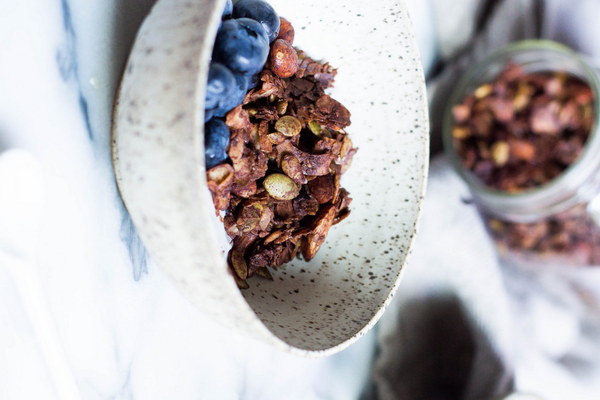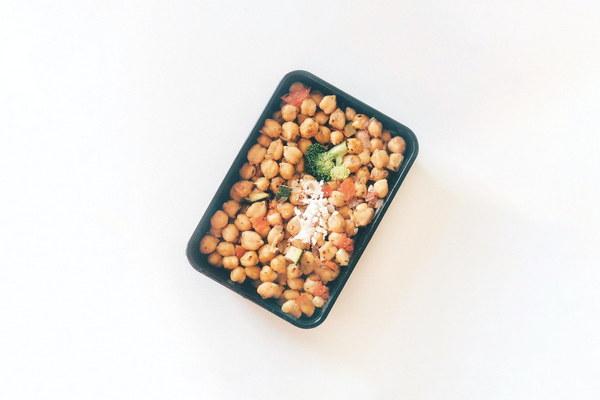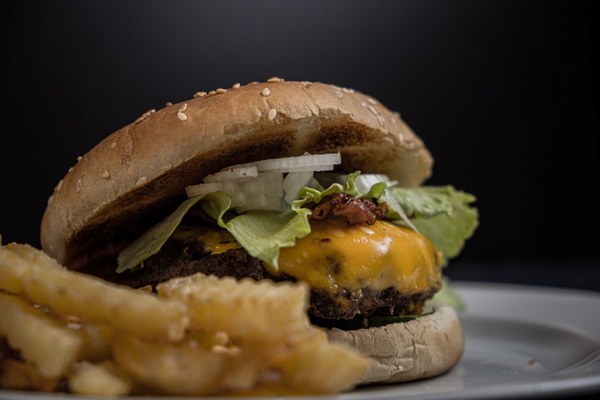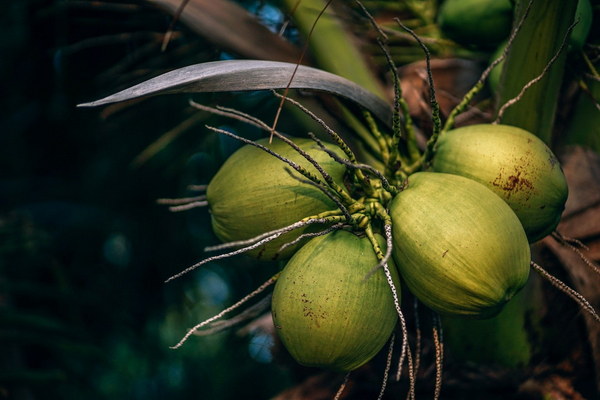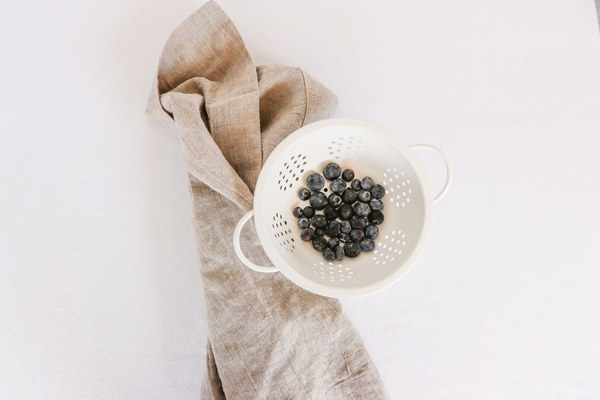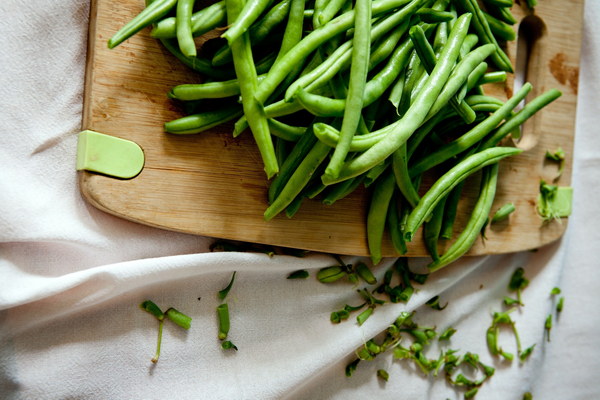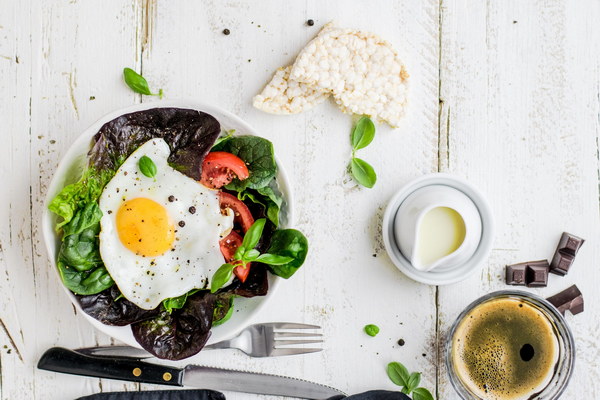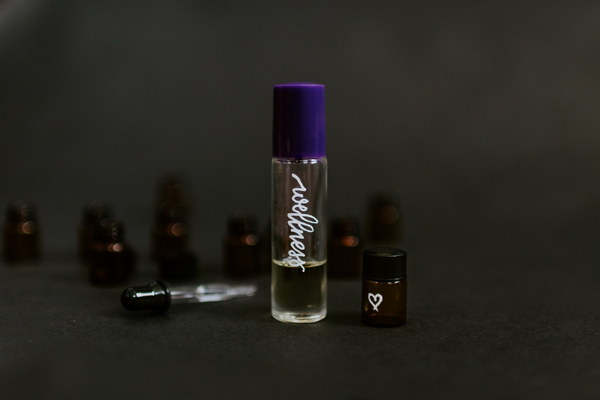Recovering from an External Brain Injury A Nutritional Guide to Support Healing
Introduction:
An external brain injury, also known as a closed head injury, can be a challenging experience. While medical treatment is crucial for recovery, proper nutrition plays a significant role in supporting the healing process. This article aims to provide a comprehensive guide to the best foods and nutrients that can help in the recovery from an external brain injury.
1. Protein:
Protein is essential for tissue repair and recovery. Incorporating high-quality protein sources into your diet can help repair damaged brain cells and support overall recovery. Good sources of protein include lean meats, fish, eggs, dairy products, legumes, nuts, and seeds.
2. Omega-3 Fatty Acids:
Omega-3 fatty acids, particularly DHA and EPA, have been shown to improve brain function and reduce inflammation. Foods rich in omega-3 fatty acids include fatty fish (such as salmon, mackerel, and sardines), flaxseeds, chia seeds, walnuts, and algae-based supplements.
3. Antioxidants:
Antioxidants help protect the brain from oxidative stress, which can worsen brain injury. Consuming a variety of fruits and vegetables high in antioxidants, such as berries, dark leafy greens, carrots, and tomatoes, can help support the healing process.
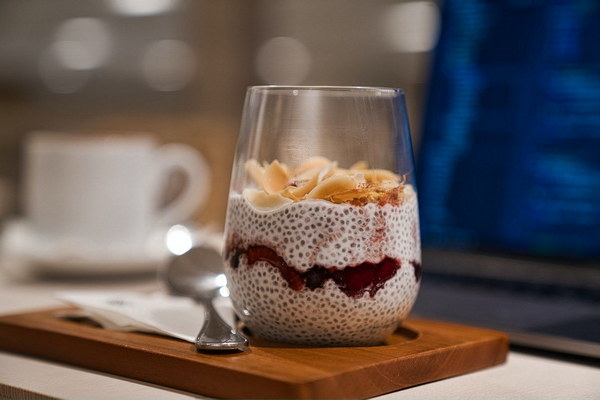
4. B Vitamins:
B vitamins play a crucial role in brain health and function. They help convert food into energy and support the nervous system. Foods rich in B vitamins include whole grains, legumes, lean meats, fish, eggs, dairy products, and leafy greens.
5. Vitamin C:
Vitamin C is a powerful antioxidant that helps protect the brain from oxidative stress and supports the immune system. Citrus fruits, strawberries, bell peppers, and leafy greens are excellent sources of vitamin C.
6. Vitamin E:
Vitamin E is another antioxidant that can help protect the brain from damage. Nuts, seeds, avocados, and vegetable oils are good sources of vitamin E.
7. Hydration:
Proper hydration is crucial for overall health and recovery. Drink plenty of water throughout the day to support brain function and eliminate waste products from the body.
8. Foods to Avoid:
Certain foods can exacerbate inflammation and hinder recovery. It's best to avoid processed foods, refined sugars, excessive caffeine, and high-sodium foods during the healing process.
Conclusion:
Recovering from an external brain injury requires a multifaceted approach, and proper nutrition is an essential component of this process. By incorporating a balanced diet rich in protein, omega-3 fatty acids, antioxidants, B vitamins, vitamin C, vitamin E, and staying hydrated, you can support your body's healing process. Remember to consult with a healthcare professional before making any significant changes to your diet.

